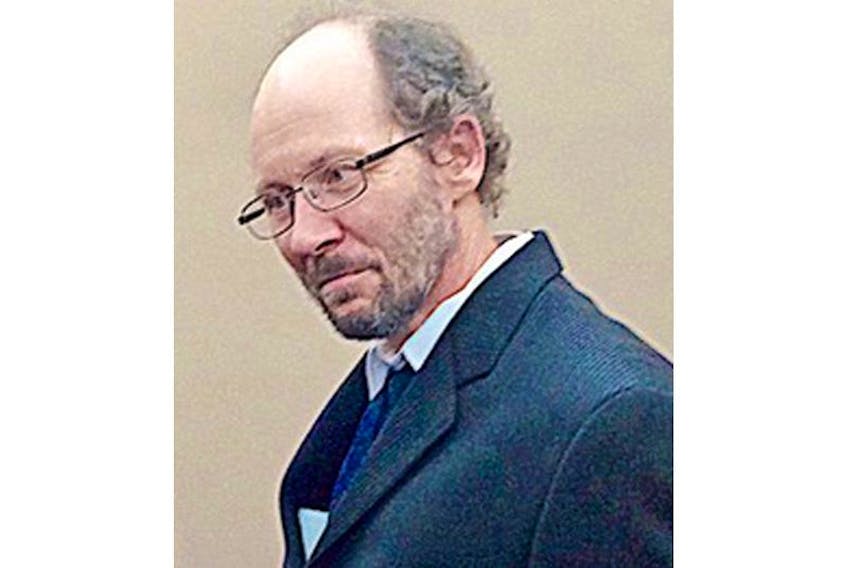A St. John’s man charged after he allegedly imported a child-like sex doll from Japan has failed to convince the court that his case should be dismissed on the grounds that child pornography laws interfere with his rights.
Provincial court judge Mark Pike dismissed an application filed by Kenneth Harrisson, 52, who insisted that his right to freedom of expression and other rights are breached by child pornography laws. Harrisson also argued that the laws are discriminatory to pedophiles.
Section 15 of the Canadian Charter of Rights and Freedoms protects Canadians against discrimination based on race, national or ethnic origin, colour, religion, sex, age, or mental or physical disability.
“In my view, pedophiles are not a member of a group analogous to those enumerated in Section 15,” Pike wrote in his decision to dismiss Harrisson’s application. “I reach this conclusion accepting that pedophilia can be defined as a mental disorder for some medical purposes. Therefore, I conclude that the equality rights enumerated in Section 15 do not extend to this group.”
Child pornography legislation doesn’t discriminate against pedophiles since it applies to everyone equally, Pike ruled.
Pike acknowledged a 2001 case before the Supreme Court of Canada, which concluded that simple possession of child pornography is a form of expression protected by the charter. However, the court ruled the risk of harm to children, and therefore society at large, outweighed that protection.
Harrisson’s lawyer, Bob Buckingham, argued that new social science evidence changes the debate.
“I acknowledge that society is changing and that the peculiarities and boundaries of human sexuality and attitudes towards such matters and practices are the source of continuing debate in Canadian society,” Pike wrote, but he said he didn’t believe it would change anything in terms of child pornography legislation. Pike referenced testimony from Ontario forensic psychiatrist Dr. Peter Collins, an expert in sexually deviant behaviour, who took the stand at Harrisson’s trial last summer.
Collins told the court some pedophiles can become “incited” by imagery, including sex dolls, while others may be satisfied without committing actual sex crimes. Outcomes differ according to many factors, Collins said.
Harrisson has pleaded not guilty to one count each of possessing child pornography and mailing obscene matter, and charges under the federal customs act of smuggling and possessing prohibited goods.
He was arrested in March 2013 after police performed a “controlled delivery” of the four-foot box containing the doll, which was addressed to Harrisson and sent from a Japanese company that was on Canada Border Services’ watch list, to his downtown St. John’s home.
At the time of his arrest, Harrisson told police it was a “love doll.”
Police determined Harrisson paid $1,009.36 to the company, which advertises lifelike female dolls in a range of ages, from adult to what it calls “innocent daughter.”
Crown prosecutors Bill Howse and Trisha McCarthy have wrapped up their case against Harrisson, and Buckingham is set to bring forth another application June 18 before deciding whether or not to call evidence of his own.
Twitter: @tara_bradbury









